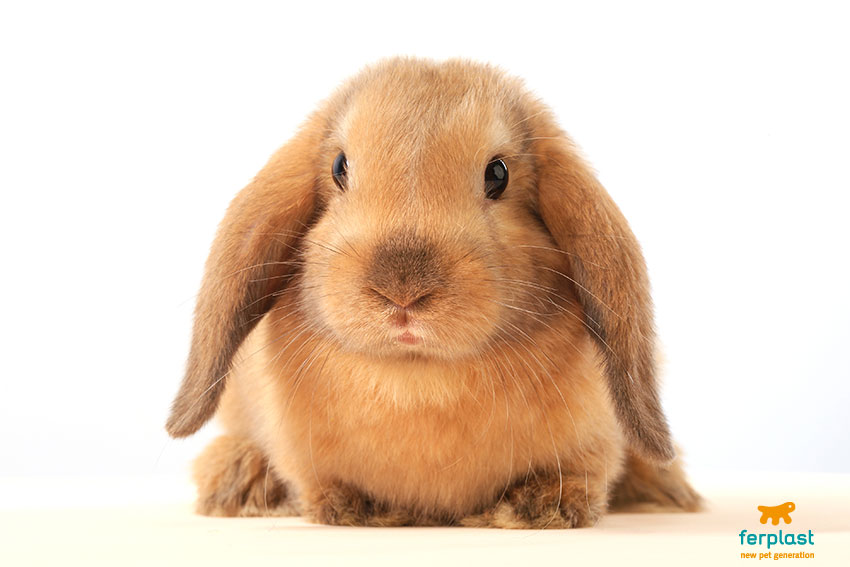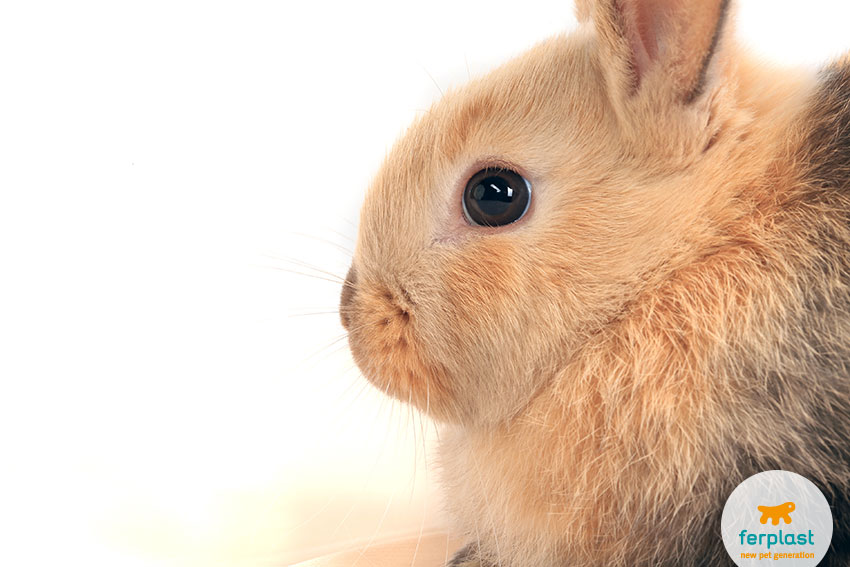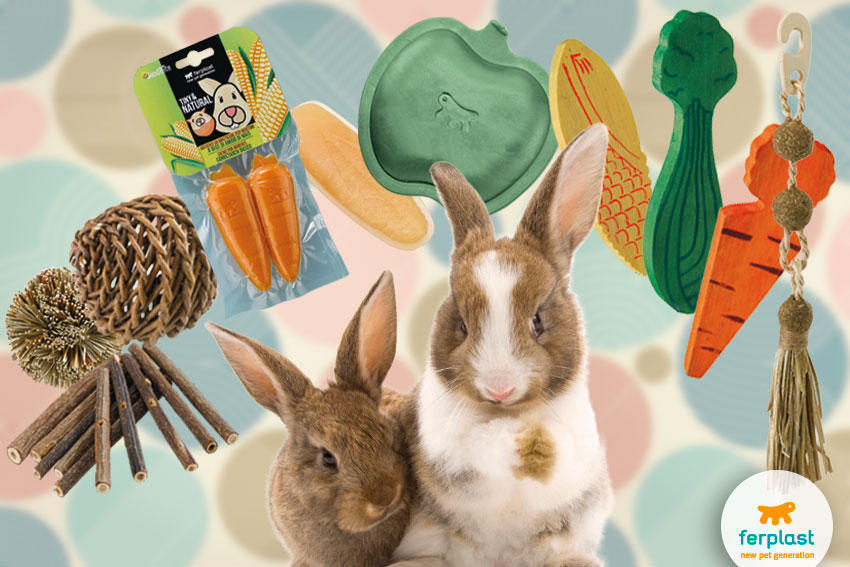Dental disorders are one of the most common ailments our fluffy long-eared friends suffer from. Let’s take a look at what we need to know about preventing problems and how to treat teeth that are damaged, so that our rabbit can lead a happy and healthy life.
CAUSES OF DENTAL DISORDERS IN RABBITS
In order to prevent the problem, we need to understand the causes of it. What causes dental disorders in rabbits?
One of the most common causes is inadequate nourishment, that is, nourishment that does not help wear down the rabbit’s teeth. The incisors and molars of rabbits, guinea pigs and chinchillas are constantly growing. If they are not worn down enough, they will grow too long and maybe even crooked and thus lead to wrong chewing habits and even the perforation of the bone. This happens because the rabbits we keep as pets don’t have to go out and hunt for food, they can choose what they like from what we offer them, and if this food is too soft, then the teeth will not be worn down as they would if they ate proper rough plant materials.
Aside from lack of wear, other causes of dental disorders in rabbits can come from traumas to the nose and mouth area. A fall, for example, might result in the repositioning of the dental growth axis, or the malocclusion of teeth which, because of an erroneous conformation – frequent in short-cranial breeds like rams – do not come together as they should, or even gnawing on material that is too hard, like walls or the bars of an inadequate cage.
SYMPTOMS, TREATMENT AND PREVENTION
How can you tell if your rabbit is at risk of dental disorders due to malocclusion or insufficient wear? The symptoms can be varied and include:
- difficulty chewing or loss of appetite leading to starvation;
- excessive salivation;
- tearing;
- swellings and abscesses on the jaw;
- overly long incisors.
If you detect any of these symptoms in your rabbit, make an appointment to see your vet immediately. A simple x-ray will determine what the problem is and the vet will be able to tell you exactly what to do to set things right. The vet will also be able to advise you on exactly what sort of food your rabbit should be getting. Avoid taking initiatives without your vet’s advice, like cutting the rabbit’s teeth on your own, as that may cause even further and more severe damage.
Aside from improving their diet, it’s a good idea to provide them with the tools they need to wear down their teeth properly and thus prevent the disorders. There is a wide range of dental toys (great not just for rabbits but all sorts of other rodents as well) designed to be chewed and gnawed on to help wear down teeth.
These specialty toys are made out a variety of materials, all of them non-toxic. The wooden toys come in all sorts of shapes and sizes, as balls or as sticks, and of dimensions to suit the animal, and even in various colours, obviously non-toxic as well, shaped as fruit or vegetables, or resembling colouring pencils. Not only, but all of these toys can also be attached to the cage.
The GoodBite Tiny&Natural line includes chewing toys that come in enticing shapes like carrots, apples or ears of corn. They are made of a special material that can be safely swallowed as it has no calories and does not affect the diet. Thanks to its special composition, these toys have no expiration date, pathogenic microbes do not grow on them, nor do fungi or moulds, and it is entirely safe for your rabbit (or any other little rodent you might have).
It’s always better to prevent than to treat, so do pay special attention to what you feed your rabbit, and make sure he or she has something fun with which to really wear down his teeth! ![]()
![]()



